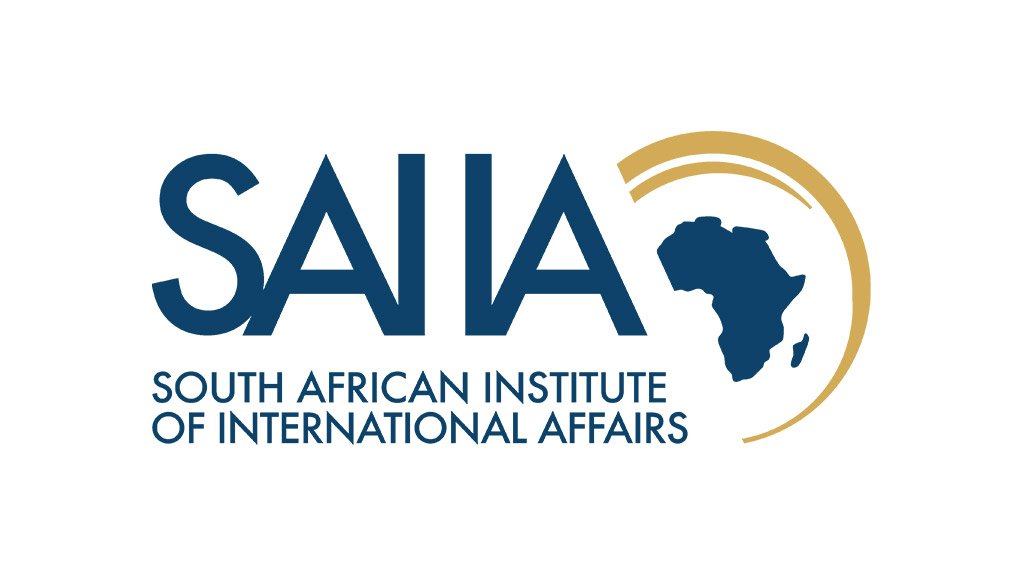A decade after the Joint Africa-EU Strategy (JAES) was launched; the AU and EU are laying the groundwork to renegotiate their relationship in Abidjan, Côte d’Ivoire, come November. In preparation, 80 civil society representatives from both continents were invited to share views on the focus of the partnership in July in Carthage, Tunisia.
Launched in 2007, the JAES provides a long-term framework for Africa-EU relations. Its overall aim is to transform Africa-EU relations from the donor-recipient model to an engagement of equals. But, like on George Orwell’s Animal Farm, some are more equal than others, according to civil society representatives. Despite coming to Tunisia as guests of the AU and EU, they see these institutions shrinking the space for civil society to participate in the planning and implementation of this partnership.
The representatives from civil society organisations (CSOs) gathered to generate recommendations to their governments ahead of the Abidjan Summit, on five key themes: conflict and peace, democratic governance and participation, human development, social and socio-economic protection, and sustainability. Youth and migration were cross-cutting themes. These themes were proposed as pillars for the partnership’s new roadmap, which starts in 2018.
Yet the toughest recommendations from Carthage were not linked to any of these themes. The CSOs instead stressed ‘the importance of fostering a space for civil society organisations of both continents as independent actors and integral partners within the [JAES]’.
Being on Europe’s doorstep, sweltering Carthage was an apt setting for this important AU-EU meeting, driving home how the continents’ futures are deeply intertwined. Tunisia birthed the ‘Arab Spring’ uprisings in 2011, and civil society was pivotal to usher in broad political change. After President Zine El Abidine Ben Ali was ousted in 2011, key CSOs united to form the Tunisian National Dialogue Quartet. They built consensus across political groups, facilitated the creation of a new constitution, and drafted a programme for democratic reform. In 2015, the Quartet won the Nobel Peace Prize.
Ironically then, the most serious concern was that the space for civil society to engage, both within the JAES and in their countries, is quickly and (often) aggressively shrinking.
Stakeholders from African and European states alike spoke of the dangerous climates in which they work. They shared stories of their colleagues: eight trade unionists killed in Spain, and many human rights activists killed in South Sudan. Other stories shed light on the institutional barriers to civil society’s participation in a range of spaces relevant to the JAES, including electoral observation, education interventions, advocating for access to information, and engaging government on policy concerns. Some CSOs are labelled as enemies of the state and the people, progressively closing their access to these spaces.
The view that CSOs are peripheral in or even a threat to multilateral partnerships like the JAES is so pervasive that this meeting almost didn’t take place. For the AU, ensuring CSO participation will remain challenging, as its organ tasked with overseeing this, the Economic, Social and Cultural Council (ECOSOCC), is infamously ineffective and highly politicised. Having been brought together to discuss a partnership where they feel somewhat excluded, African and European CSOs both asked: How can the space JAES offers for effective CSO engagement be secured, diversified, and sustained? Will the CSOs’ demands and concerns affect the JAES, or was this Forum just cosmetic, to tick a box on ‘stakeholder engagement’? Either way, the JAES will continue, as confirmed by the EU’s statement that ‘Europe and Africa have much to gain from increased political and economic ties, but also a lot to lose if they fail to act’.
What emerged is that the contribution of CSOs to JAES remains essential, and the most important element is giving legitimacy to both their own roles and the JAES itself. But CSOs need to demonstrate that beyond their advocacy watchdog functions, they are experts in their fields capable of contributing directly to the JAES and similar partnerships.
The challenge remains that the changing funding environment requires CSOs to stop demanding that the JAES (and by implication the AU and EU) funds their involvement – it is unable to support participation of stakeholders from every state, for instance. Whereas in the past the EU provided significant discretionary funding to CSOs across Africa, it has reduced its engagements significantly both in reach and in amount, preferring the North over the Sub-Saharan region. In the meantime, CSOs remain key to supporting the JAES, monitoring its influence, drawing best practice from its partners, and making both the AU and EU aware of the reality on the ground – the context within which the partnership will unfold.
This is far easier said than done. But hopefully if implemented, they will sow the seeds for a fruitful future relationship where AU-EU cooperation engages CSOs to elevate them from passive witnesses to active enabled partners.
Written by Carmel Rawhani, a researcher in the Foreign Policy programme at the South African Institute of International Affairs.
EMAIL THIS ARTICLE SAVE THIS ARTICLE ARTICLE ENQUIRY
To subscribe email subscriptions@creamermedia.co.za or click here
To advertise email advertising@creamermedia.co.za or click here











